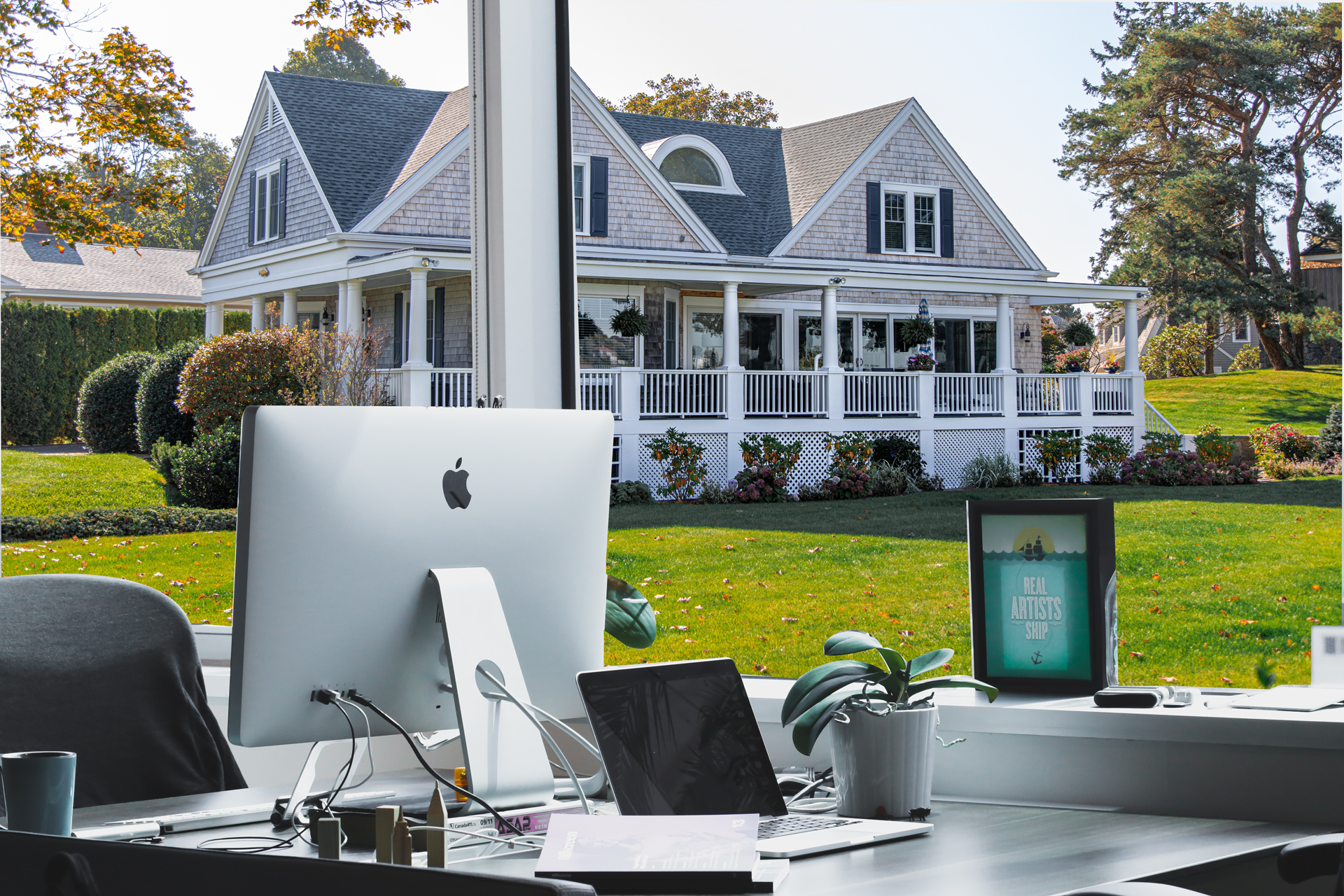With the rising cost of homeowners insurance for seniors, many older Americans are looking to lower their coverage costs. Protecting one’s home, especially at an advanced age, requires careful planning.
For many seniors, finding affordable home insurance without sacrificing quality can be challenging. In this guide, we’ll explore how seniors can navigate buying a homeowners insurance policy, discover potential savings, and utilize discounts to get the cheapest possible rates.

Why Homeowners Insurance is Essential for Seniors
Homeowners insurance provides essential financial protection by covering damages caused by fires, severe storms, theft, and liability issues related to accidents on the property. For seniors, comprehensive coverage is key, especially if they plan to age in place, as it shields against unexpected financial setbacks. Below are some considerations that underscore the importance of homeowners insurance for seniors:
- Protection Against Financial Loss
Seniors often have limited financial flexibility as retirees or those on fixed incomes. A robust homeowners insurance policy ensures they are shielded from significant financial losses due to property damage or accidents. - Increased Risks for Seniors
Seniors are more susceptible to risks such as slips and falls. Accidents on the property, like a delivery person falling on the steps, could result in expensive liability claims. Insurance helps mitigate these risks. - Coverage for Medical and Living Expenses
In cases where the home becomes uninhabitable due to damage, insurance can cover additional living expenses until repairs are made. This coverage can be invaluable for seniors who may not have alternative housing options readily available.
Unique Coverage Options for Seniors
While all homeowners need insurance, seniors have specific coverage needs. Here are a few coverage options and considerations tailored to the unique needs of older adults:
- Modified Home Coverage
Seniors who make aging-in-place modifications, like adding ramps or handrails, should ensure their insurance covers these adjustments. Some insurers may offer coverage for accessibility modifications, providing peace of mind if repairs are needed. - Assisted Living or Second Home Policies
If seniors transition to assisted living but retain ownership of their primary home, they may qualify for specialized policies that allow reduced premiums for a vacant or part-time home. - Flood and Natural Disaster Insurance
Seniors living in high-risk areas may need additional flood or earthquake insurance. These policies offer valuable protection for retirees who may not have the resources to rebuild after a natural disaster.
Tips for Saving on Homeowners Insurance
Seniors can employ various strategies to save on homeowners insurance while maintaining the necessary coverage. Here are some practical ways to cut costs:
- Increase Deductibles
Opting for a higher deductible generally results in lower monthly premiums. However, seniors should choose a deductible they can afford in case they need to file a claim. - Pay Annually
Paying premiums annually rather than monthly can yield a small discount. It also removes the hassle of monthly billing, which some seniors may prefer. - Bundle Policies
Many insurers offer discounts for bundling home and auto insurance. This option can provide comprehensive protection at a reduced rate. - Install Security Systems
Adding a security system with alarms, smoke detectors, and monitoring can lead to discounts. Some insurers provide significant savings for homes with robust security features. - Maintain a Good Credit Score
Credit scores often influence insurance rates. For seniors with a solid credit history, this can work in their favor. Managing debts and making timely payments help maintain a favorable credit rating, which can keep premiums lower. - Review Coverage Regularly
Periodically reviewing your policy can help eliminate unnecessary coverages or add new ones as your needs change. This review helps ensure you’re not paying for coverage you don’t need. - Add Storm-Proofing Features
Insurers may offer discounts for storm-proofing measures like reinforced roofs or impact-resistant windows, especially in areas prone to severe weather. - Consider Retirement Community Coverage
Some insurers have policies specifically for retirement community residents, who typically have reduced risk factors. These specialized policies can be more affordable than standard homeowners insurance. - Shop Around
Comparing policies from different companies can yield substantial savings. Senior-specific insurers may offer competitive rates with senior discounts or bundled policy options. - Consult with an Independent Agent
An independent insurance agent can assess your situation and recommend policies across multiple insurers, often resulting in cost savings tailored to your needs.
Senior Homeowners Insurance Discounts To Save The Most

Many insurers offer discounts specifically for seniors. Here are 10 common ones:
- Senior Discount
Some insurers provide discounts for policyholders over a certain age, typically 55 or older. - Retired Discount
Retired seniors often spend more time at home, which insurers view as lower-risk, reducing premiums accordingly. - No-Claims Discount
If you haven’t filed any claims within a set period (often five years), you may qualify for a no-claims discount. - Loyalty Discount
Long-term policyholders are sometimes rewarded with loyalty discounts, which can add up over time. - New Customer Discount
Some insurers offer an initial discount for new customers. Switching providers may yield lower premiums due to these welcome discounts. - Gated Community Discount
Seniors residing in gated or secured communities often receive a discount, as these areas have lower crime rates. - Smoke-Free Home Discount
Non-smokers may receive a discount since smoking-related fire risks are reduced. This is especially advantageous for non-smoking seniors. - Marital Status Discount
Married homeowners sometimes receive lower rates. Seniors who are married or in partnerships should check if this applies. - Paperless Billing Discount
Opting for paperless billing or automatic payments can lead to modest discounts with many insurers. - Claims-Free Renewal Discount
Upon renewal, a claims-free history often results in a discount, encouraging policyholders to only file claims when necessary.
How to Compare Homeowners Insurance Policies

Shopping for homeowners insurance can be overwhelming with so many options. Here’s how seniors can evaluate policies effectively:
- Coverage Options
Ensure the policy includes adequate coverage for dwelling, liability, personal property, and medical payments. Evaluate whether optional coverages, like flood or earthquake insurance, are necessary based on your location. - Cost vs. Coverage
While cost is essential, it’s equally important to understand what you’re getting for your money. A low premium might mean fewer coverages, higher deductibles, or exclusions that could result in out-of-pocket expenses. - Customer Service and Claims Handling
Look for insurers known for their efficient claims process and good customer service. Reading reviews and checking rankings with agencies like J.D. Power or the Better Business Bureau can help gauge customer satisfaction.
Before committing to a policy, seniors should ask these key questions to ensure they understand their coverage:
- Do you offer discounts for seniors or retirees?
This question ensures you’re taking advantage of all available senior-related discounts. - Is my home covered for aging-in-place modifications?
If you’ve made modifications, like installing grab bars or ramps, clarify whether these are covered in case of damage. - What happens if I move to assisted living but keep my home?
Some insurers allow coverage modifications for part-time homes, which may reduce premiums. - How does my claims history affect my renewal rates?
Understanding how past claims impact future premiums can help you decide when to file a claim. - What happens if I outlive the length of the policy term?
Some policies are term-based, and it’s helpful to know if there’s an option to extend coverage as you age.
The Final Word On Homeowners Insurance For Seniors
Homeowners insurance for seniors is not just a safeguard against property damage but a vital component of smart financial planning. By understanding unique coverage options, implementing money-saving strategies, and maximizing available discounts, seniors can save hundreds on home insurance, while still maintaining quality coverage. To compare homeowners insurance rates where you live, enter your zip code and fill out an online application in a few short minutes. Save more money today on the homeowner’s insurance coverage you need.


